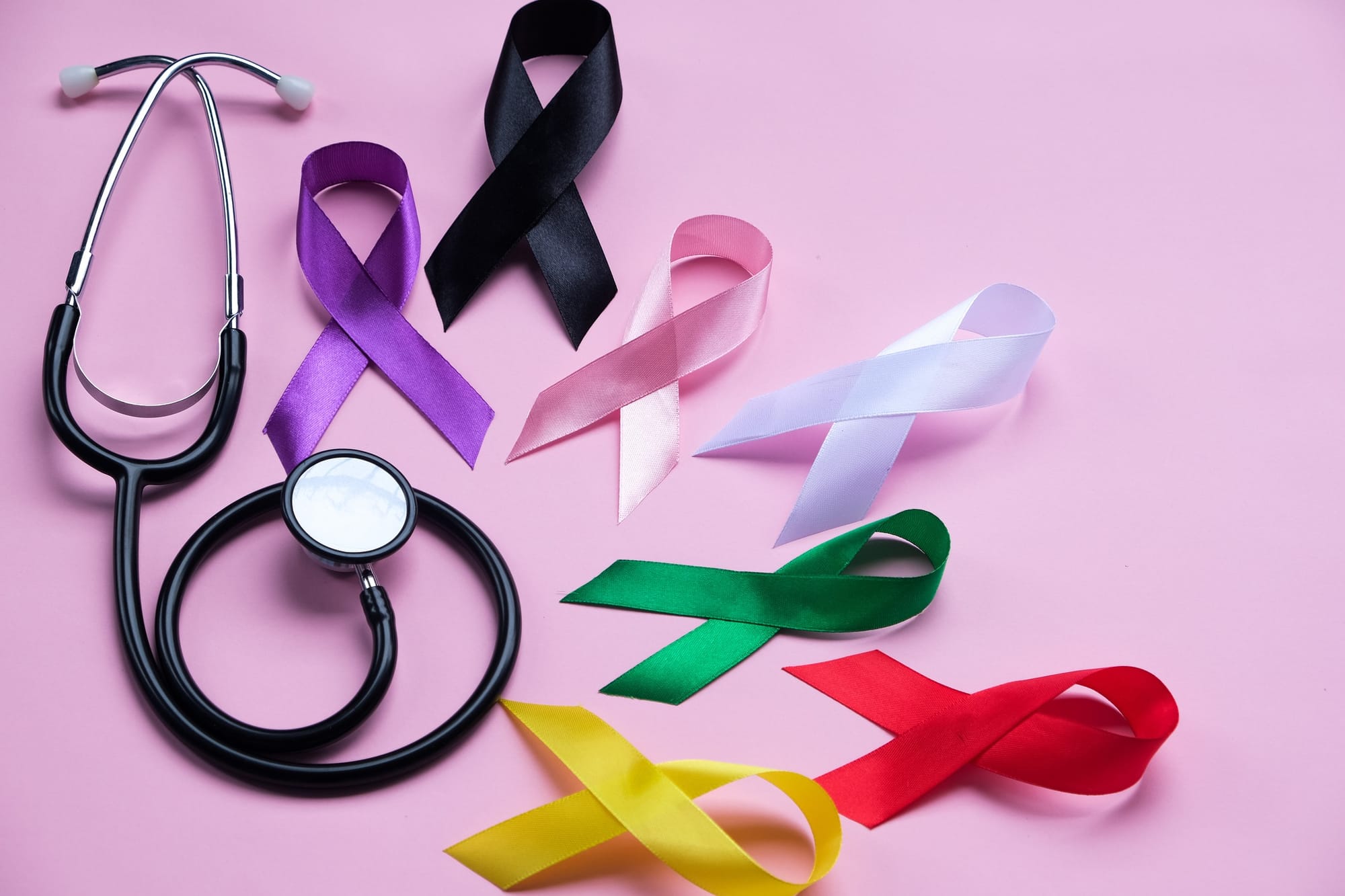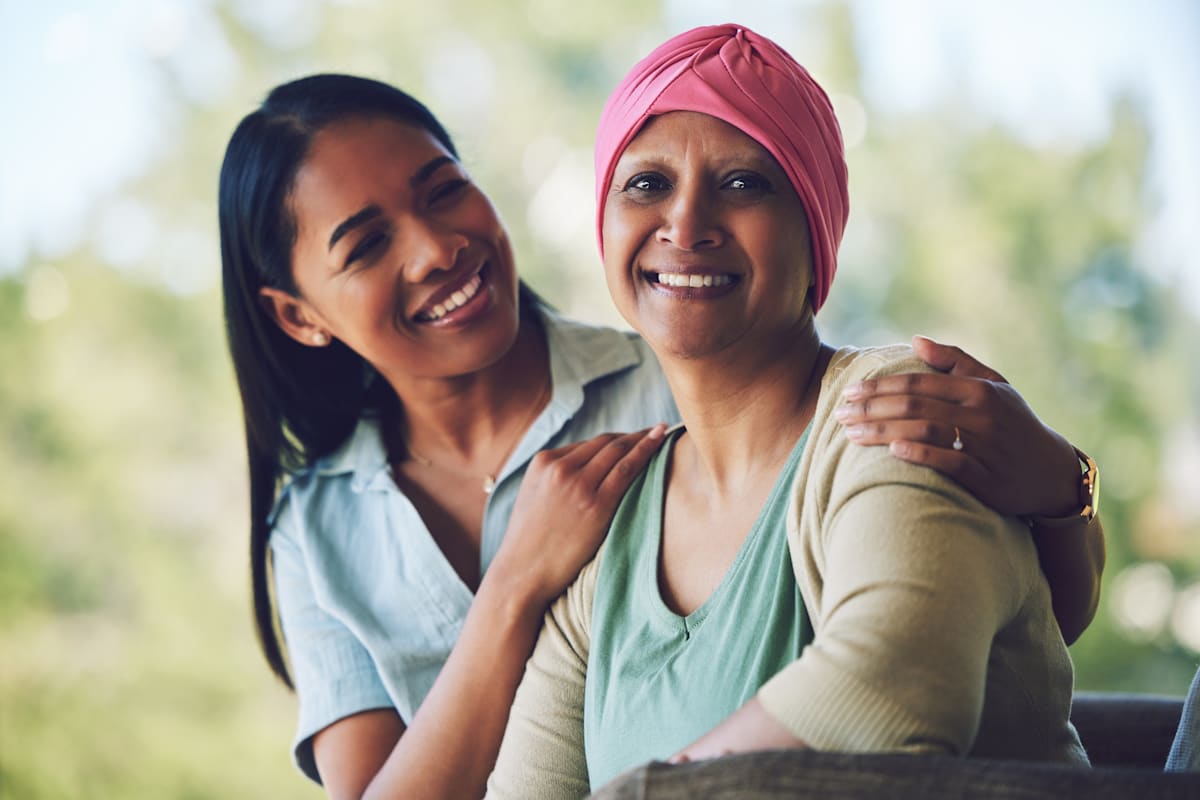
The theme for World Cancer Day 2025, “United by Unique”, reminds us that every cancer journey is different. The path to better cancer care lies in recognising and embracing these differences.
It’s an opportunity to move beyond a one-size-fits-all approach and embrace the transformative potential of personalised medicine, ensuring that treatment is tailored to the specific needs of each patient.
A call for equity
While high-income countries benefit from cutting-edge treatments and early detection programs, low and middle-income countries (LMICs) bear a disproportionate burden.
Lack of a molecular laboratory is preventing cancer patients in the country from receiving the best possible treatment, according to experts, as #WorldCancerDay 2025 is set to be observed tomorrow.#Health #CancerTreatment https://t.co/RewZNQ6mSU— The Daily Star (@dailystarnews) February 3, 2025
In regions such as Southeast Asia, late-stage diagnoses remain prevalent due to limited healthcare infrastructure, socio-economic disparities, and unequal access to diagnostic tools.
The 2022-24 World Cancer Day theme, “Close the Care Gap”, laid the groundwork for addressing these disparities. It highlighted the barriers many patients face – geographic, socioeconomic status, and systemic inequalities – all of which impact their ability to receive timely and effective care.
This movement emphasised the importance of universal health coverage, community-driven initiatives, and research that prioritises underserved populations.
Multiomics, advanced imaging and AI
Recent breakthroughs in cancer research are reshaping how we understand and treat the disease. One of the most exciting developments is the growing role of multiomics technologies – genomics, transcriptomics, proteomics, and metabolomics – that offer a deeper understanding of cancer at the molecular level.
These technologies help identify unique biomarkers that improve early detection, monitor disease progression, and pave the way for treatments based on a patient’s specific genetic makeup.
New advancements in medical imaging are taking precision to new heights. AI is now playing a key role in analysing medical scans and identifying subtle tumour characteristics that may go unnoticed by the human eye.
Deep-learning models can now distinguish between malignant and benign growths with remarkable accuracy, reducing unnecessary biopsies and speeding up treatment decisions.

AI-enhanced imaging also reduces radiation exposure in CT scans without sacrificing quality – a crucial development for patients who require frequent monitoring. High-resolution 7T MRI enables the detection of even the smallest tumour changes, allowing for earlier intervention.
Beyond clinical imaging, advanced microscopy is pushing the boundaries of cancer research.
Techniques such as super-resolution imaging (STED and SIM) allow scientists to observe cancer cell behaviour at the molecular level, offering critical insights into metastasis and drug resistance. High-content screening and single-cell imaging are helping to develop more effective, targeted therapies.
By combining AI with state-of-the-art imaging and microscopy, cancer researchers and clinicians are enabling earlier detection, personalised treatments, and more precise monitoring. These innovations hold the potential to significantly improve patient outcomes.
A personal mission
Despite the potential of advanced cancer technologies, many remain costly and inaccessible, particularly in low-resource regions. The next challenge is ensuring that these life-saving tools reach all patients, regardless of their economic background or location.
True progress in cancer care requires addressing systemic barriers and making personalised treatment accessible to everyone, wherever they live.
As both a stage-four cancer survivor and a researcher, I’ve experienced first-hand the urgent need for more precise, personalised treatments. While genetics may set the stage for cancer, lifestyle and environment often trigger its onset.
Thankfully, personalised medicine now provides the tools to intervene.
At Monash University, Malaysia, we investigate how cancer cells communicate and evade treatment, focusing on membranous micro and nanotubes that allow tumour cells to share resources, resist therapy, and spread rapidly.
By understanding these mechanisms, we aim to develop targeted strategies to halt cancer (such as colorectal cancer and glioblastoma) progression.
We use integrated multiomics data to identify potential biomarkers for personalised treatments, improve early detection, and reduce misdiagnoses.
In collaboration with institutions including University Malaya Medical Centre, Monash University in Australia, and industry partners such as Agilent Technologies, we’re working to create a clinically viable biomarker panel test. This cost-effective test could reduce diagnostic delays, minimise reliance on expensive imaging, and enable earlier intervention, ultimately improving survival rates for patients.
Personalising cancer care for a better future
The United by Unique campaign for 2025-27 builds on the Close the Care Gap initiative by focusing on the individuality of each cancer patient.
While cancer is categorised broadly, every patient’s experience is shaped by their genetics, lifestyle, environment, and healthcare access.
Understanding these differences is key to advancing personalised medicine, ensuring treatments are not only effective, but tailored to each patient’s specific needs.

Personalised cancer care goes beyond laboratory advances; it requires a patient-centred approach that addresses the psychological, social, and economic challenges individuals face.
Cancer care should support the whole person, offering mental health services, financial assistance, and community-based programs. The Trail of Hope: World Cancer Walk 2025, spearheaded by the National Cancer Council Malaysia (MAKNA), exemplifies this spirit by uniting communities to support those affected by cancer, raise awareness, and fund vital research and healthcare initiatives.
Strengthening research, advocacy, community support
The fight against cancer requires more than just scientific discovery – it demands a united effort. Researchers, clinicians, policymakers and communities all play critical roles in advancing cancer care.
The United by Unique campaign serves as a powerful reminder that our differences should not divide us. Instead, they provide the foundation for a more personalised, inclusive and effective approach to cancer care throughout the entire care continuum.
As we mark World Cancer Day 2025, let us unite in this shared vision. Let us advocate for policies that close healthcare gaps, support groundbreaking research, and foster a healthcare system that truly recognises the uniqueness of each individual patient.
Whether through scientific innovation, compassionate patient care, or community-driven support, we all have a part to play in ensuring no-one is left behind in the battle against cancer.
“Genetics may load the gun, lifestyle may pull the trigger, but by understanding our uniqueness, we hold the power to stop that trigger – transforming cancer care for generations to come.”
Together, we can create a future where personalised care, supported by research and advocacy, leads to better outcomes and a world where every cancer patient receives the care they deserve.
This is not just a vision; it’s a call to action that can change lives and shape a healthier future for all.





